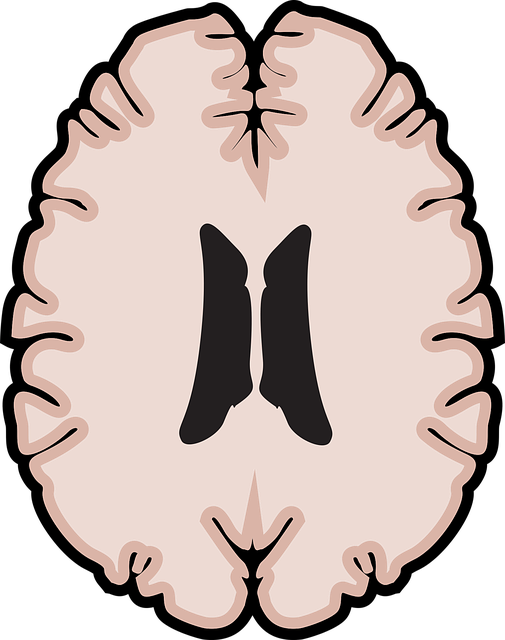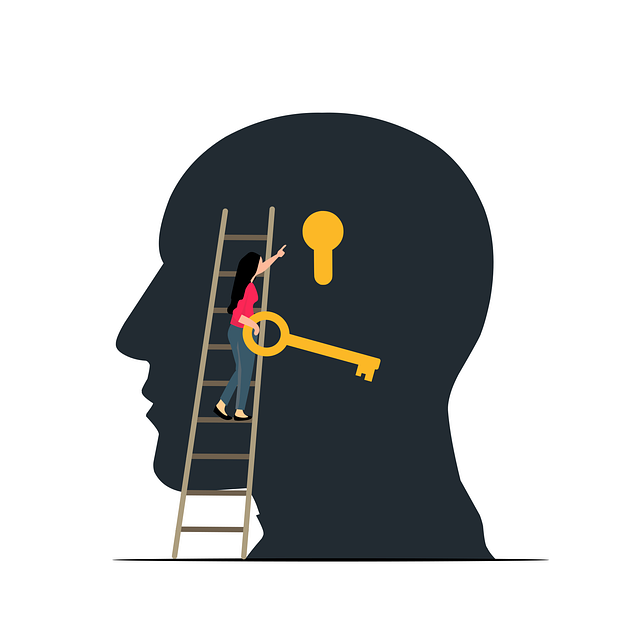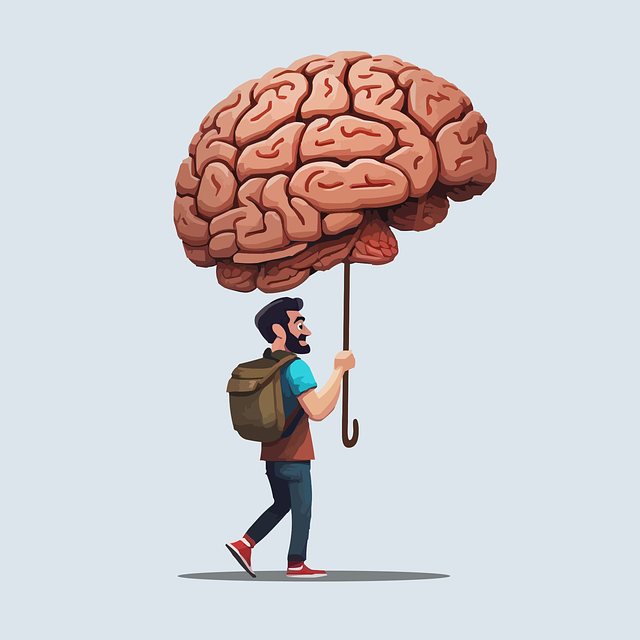Mental wellness, encompassing emotional, psychological, and social health, is crucial for daily functioning and relationships. Early recognition of mental health issues through understanding signs, as facilitated by Longmont Learning Disability Therapy (LLDT), prevents severe crises. LLDT promotes journaling as a therapeutic tool to help individuals with learning disabilities explore their thoughts and emotions, build self-awareness, resilience, and emotional intelligence. Through structured journaling exercises integrated into daily routines, clients gain insights into their mental wellness journeys, track feelings, and navigate stress effectively in a judgment-free environment. This approach empowers personal growth and risk management planning for holistic well-being.
Unwind and embrace the transformative power of mental wellness journaling. In today’s fast-paced world, this simple yet profound practice can be a game-changer for navigating life’s challenges. This article explores the intricate relationship between mental wellness and daily routines, delving into the therapeutic benefits of journaling as a self-reflection tool. We’ll guide you through effective strategies, drawing insights from Longmont Learning Disability Therapy, to help create a personalized journaling routine that fosters growth and enhances overall well-being.
- Understanding Mental Wellness and its Impact on Daily Life
- The Power of Journaling: A Tool for Self-Reflection and Growth
- Creating a Therapeutic Journaling Routine with Longmont Learning Disability Therapy
Understanding Mental Wellness and its Impact on Daily Life

Mental wellness is a crucial aspect of overall well-being, encompassing emotional, psychological, and social health. It influences how we think, feel, and act in our daily lives, affecting our ability to cope with stress, make choices, and relate to others. At Longmont Learning Disability Therapy, we recognize that mental health issues can significantly impact an individual’s functionality and quality of life. From anxiety and depression to more severe conditions, these challenges often require tailored support and strategies to manage effectively.
Understanding one’s mental wellness is a powerful step towards self-improvement. By recognizing the signs and symptoms of common mental health disorders, individuals can seek appropriate help early on. This proactive approach can prevent small issues from escalating into larger crises. Moreover, cultivating inner strength through practices like journaling, as advocated in Mental Health Policy Analysis and Advocacy, allows people to develop coping mechanisms, enhance self-awareness, and build resilience—essential tools for navigating life’s challenges.
The Power of Journaling: A Tool for Self-Reflection and Growth

Journaling is a powerful tool that offers individuals with learning disabilities a means to explore their thoughts and emotions, fostering self-reflection and personal growth. At Longmont Learning Disability Therapy, we recognize its potential as a therapeutic practice, encouraging clients to develop a self-care routine that incorporates regular journaling exercises. By putting pen to paper (or fingers to keyboard), individuals can gain profound insights into their mental wellness journey.
This process allows them to track their feelings, reflect on experiences, and identify patterns or triggers for specific emotions. Through stress management workshops and structured guidance, therapy clients learn effective communication strategies to articulate their thoughts and concerns, ensuring a safe space to explore their mental landscape without judgment.
Creating a Therapeutic Journaling Routine with Longmont Learning Disability Therapy

Incorporating a structured journaling practice into your daily routine can be immensely beneficial, especially when guided by professionals like those at Longmont Learning Disability Therapy. This therapeutic approach empowers individuals to take an active role in their mental wellness journey. By dedicating time for self-reflection and expression through writing, one can uncover hidden emotions, gain valuable insights, and cultivate a deeper understanding of themselves.
Longmont Learning Disability Therapy recognizes the power of journaling as a tool for personal growth and risk management planning for mental health professionals. It encourages individuals to explore their thoughts and feelings, fostering self-esteem improvement and emotional intelligence. Through structured prompts and guided exercises, they help clients develop effective mental wellness coaching programs tailored to their unique needs, ensuring a holistic approach to well-being.
Mental wellness journaling can be a transformative practice, offering individuals like those supported by Longmont Learning Disability Therapy a powerful means to navigate and improve their daily lives. By combining self-reflection with the structured guidance of this therapeutic approach, people can gain deeper insights into their thoughts and emotions, fostering personal growth and enhanced mental resilience. Incorporating regular journaling into one’s routine is a simple yet effective way to nurture mental wellness and cultivate a more balanced and fulfilling life.














